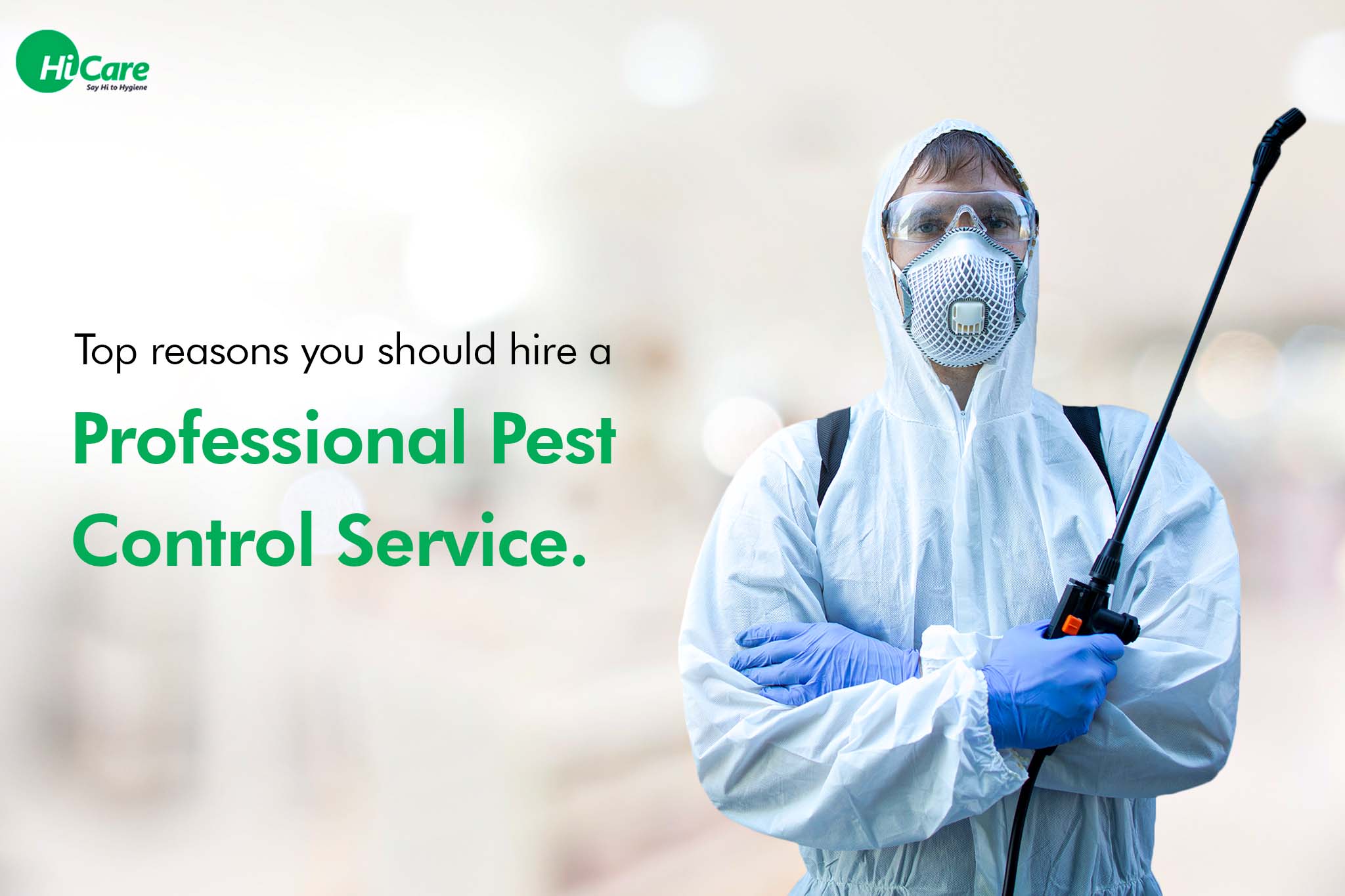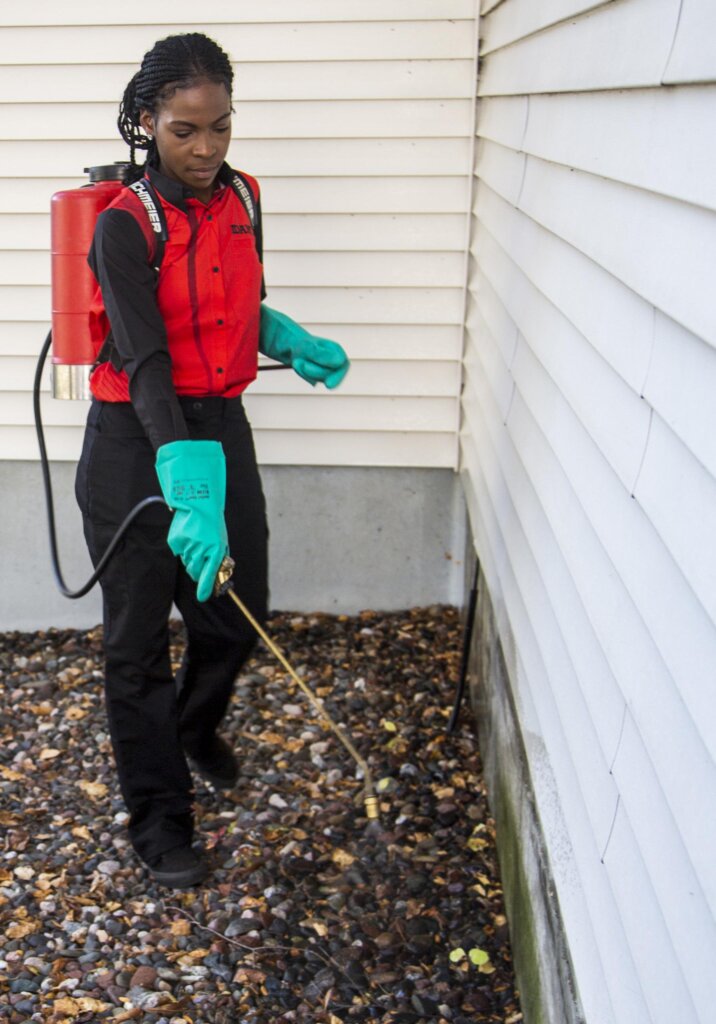A1 Bed Bug Exterminator Charlotte - Specialized Bed Bug Removal
A1 Bed Bug Exterminator Charlotte - Specialized Bed Bug Removal
Blog Article
Bed Insect Therapy Break Down: Contrasting Chemical Vs. Non-Chemical Solutions
In the realm of parasite control, specifically when taking care of the relentless issue of bed bugs, the option in between chemical and non-chemical treatment options can be a pivotal one. Both strategies provide unique advantages and drawbacks, affecting elements such as performance, security considerations, and overall price. By checking out the nuanced details of each approach, a clearer understanding of which path to pursue in attending to a bed pest infestation can be obtained.
Effectiveness of Chemical Treatments
Chemical therapies for bed bug infestations have actually been widely acknowledged for their potent and quick efficacy in eradicating these parasites. When taking into consideration the efficiency of chemical treatments, it is crucial to recognize that they can offer a quick and thorough remedy to a bed insect problem.
Additionally, chemical therapies have the advantage of offering recurring impacts, suggesting that they can continue to remove bed pests also after the preliminary application. This recurring action is especially useful in combating any possible re-infestations. Additionally, the rapid activity of chemical therapies can bring relief to people dealing with severe bed insect infestations, permitting them to gain back control of their space swiftly.
Safety Worries With Chemical Solutions
One vital element that calls for cautious consideration when using chemical solutions for bed pest treatment is making sure the security of residents and the atmosphere. Direct exposure to particular chemicals used in bed pest treatments can lead to respiratory issues, skin inflammation, or various other unfavorable responses, particularly in people with pre-existing conditions or sensitivities.
Additionally, the ecological impact of chemical remedies is another substantial factor to consider. Some pesticides used in bed insect therapies may be dangerous to advantageous pests, wild animals, and ecosystems if they leach into the soil or water supply. It is important to use chemical treatments carefully, complying with safety guidelines, and thinking about less toxic options to alleviate these threats and make sure the safe and effective administration of bed pest problems.
Advantages of Non-Chemical Approaches
Considering the potential safety and security issues and environmental influence linked with chemical services for bed bug therapy, checking out non-chemical methods provides an appealing alternative with several unique benefits. Non-chemical therapies are environmentally friendly, as they do not add to air or water contamination, making them a sustainable selection for insect control.
Additionally, non-chemical solutions can be efficient in targeting bed bugs, consisting of hard-to-reach areas where chemical therapies may not pass through. Methods such as warmth therapy, vacuuming, heavy steam cleaning, and bed mattress coverings supply comprehensive eradication without the usage of damaging chemicals. In addition, non-chemical methods can be much less turbulent, requiring marginal preparation and enabling quicker reentry right into treated areas. In general, deciding for non-chemical bed pest treatment approaches not only focuses on security and environmental management however also makes sure reliable and extensive bug control.
Limitations of Non-Chemical Treatments

Furthermore, non-chemical treatments usually require several applications to attain effective eradication. This can be taxing and might not constantly assure complete elimination of all bed insects and their eggs, specifically in hard-to-reach or hidden places.
In addition, the success of non-chemical treatments heavily relies upon correct implementation and thoroughness, which can be challenging for people without professional proficiency. Poor application of non-chemical methods may lead to incomplete elimination, bring about persistent infestations and the need for extra find out treatments.
As a result, while non-chemical therapies have their benefits, it is necessary to acknowledge these limitations and consider them when identifying one of the most efficient technique for taking care of bed insect infestations.
Cost Comparison: Chemical Vs. Non-Chemical Options
Given the limitations related to non-chemical treatments, a vital element to evaluate in the context of bed bug monitoring is the price comparison in between chemical and non-chemical options. Chemical treatments generally entail the application of insecticides by professionals, which can vary from $250 to $900 per space, depending upon the severity of the problem and right here the dimension of the area to be treated. On the other hand, non-chemical therapies like warm treatment or vapor can be much more pricey, with costs varying from $1,000 to $6,000 for an entire home. While the preliminary price of chemical therapies may appear lower, numerous treatments might be needed to fully get rid of the invasion, possibly raising the total cost. On the other hand, non-chemical alternatives may supply a more sustainable and green remedy, although they can be cost-prohibitive for some individuals. Ultimately, when taking into consideration the cost of bed bug therapy options, it is necessary to evaluate the upfront expenditures versus the effectiveness and lasting sustainability of the chosen technique.
Final Thought

Thinking about the prospective security problems and ecological effect linked with chemical services for bed pest therapy, checking out non-chemical strategies presents a promising option with numerous unique advantages.Provided the limitations associated with non-chemical therapies, a necessary facet to examine in the context of bed bug administration is the cost contrast between chemical and non-chemical options. In contrast, non-chemical therapies like warmth therapy or heavy steam can be much more expensive, with prices ranging from $1,000 to $6,000 for an entire home. While the initial cost of chemical treatments might seem lower, several treatments might be needed click to read to fully eliminate the infestation, possibly boosting the general cost.In verdict, when contrasting chemical and non-chemical bed pest therapy choices, it is vital to consider performance, security, benefits, restrictions, and expense.
Report this page